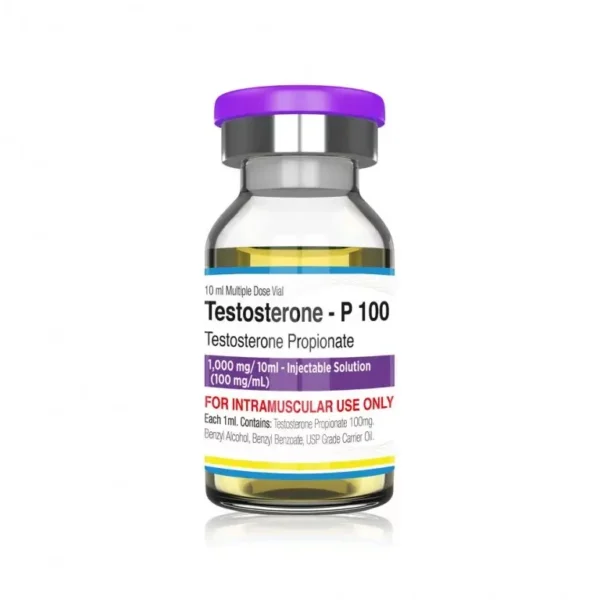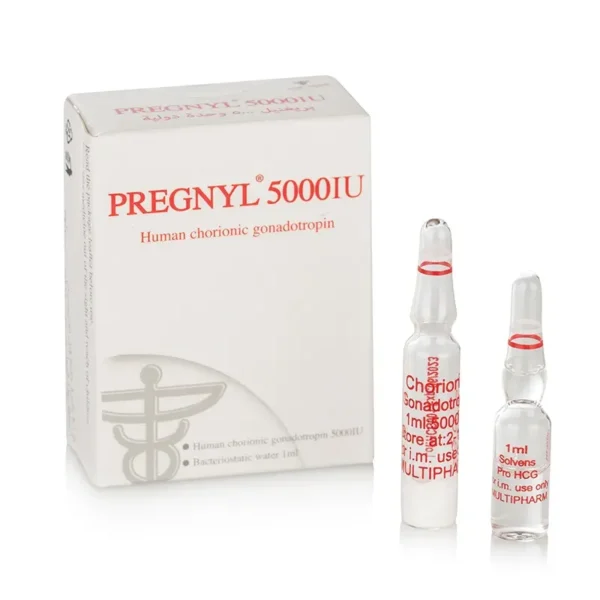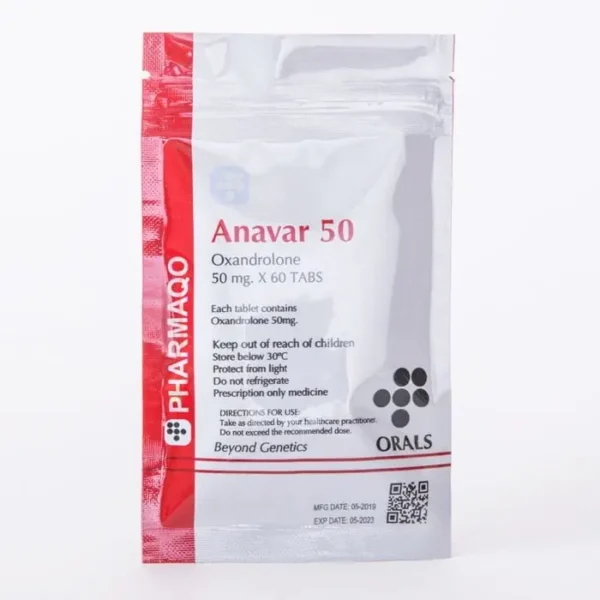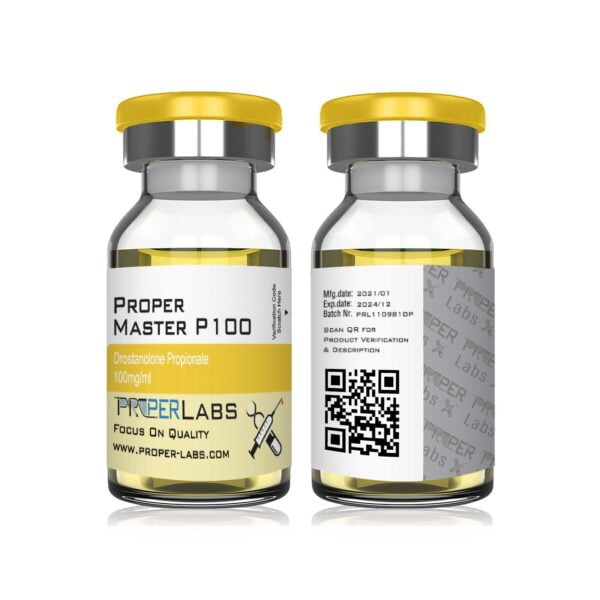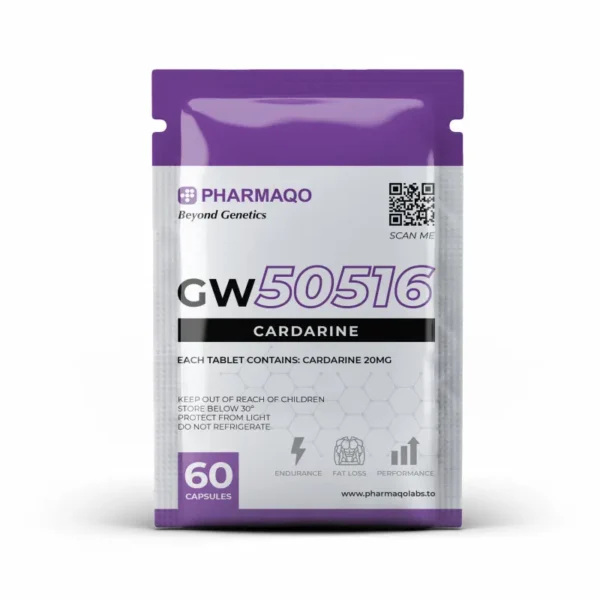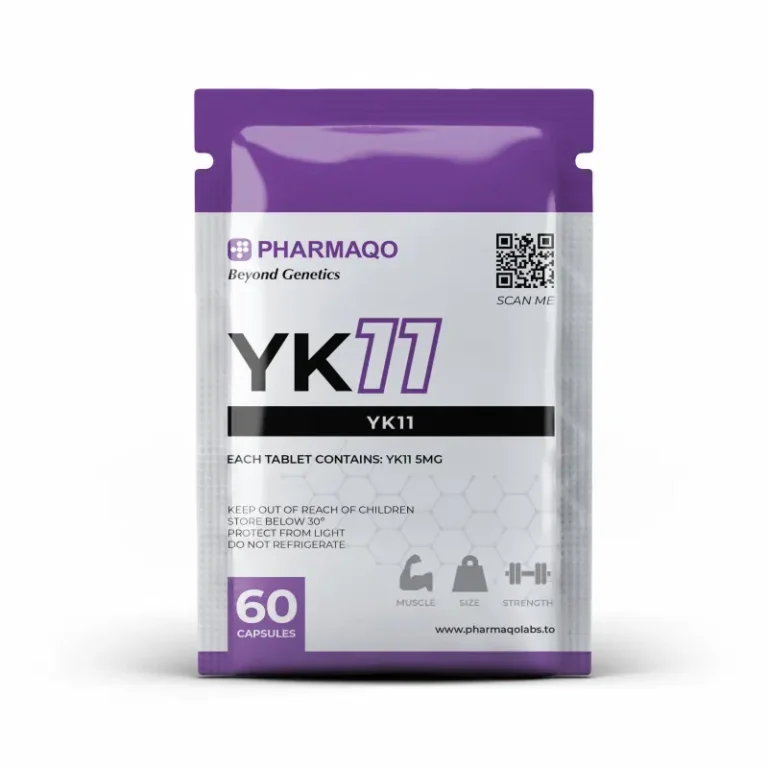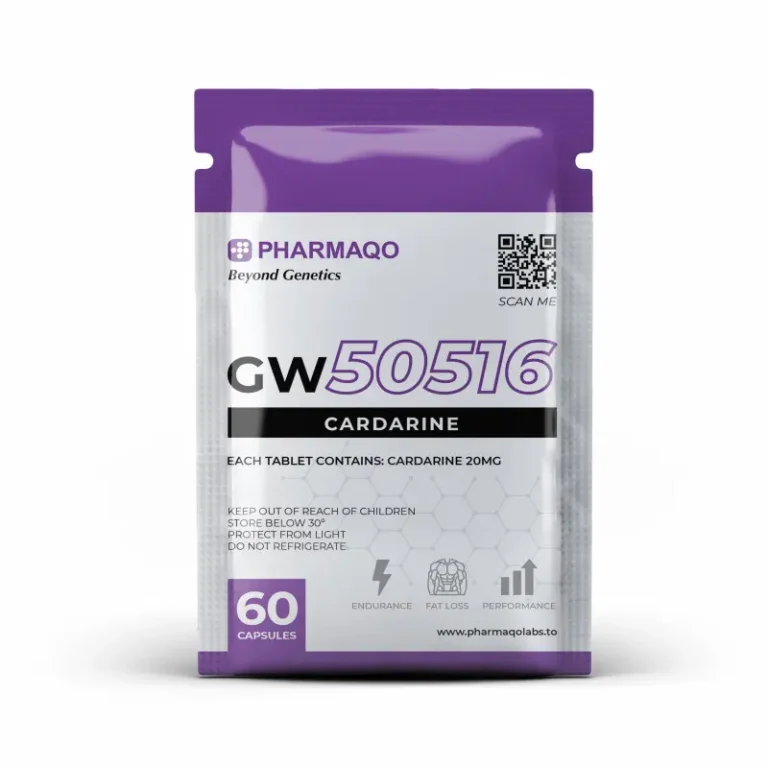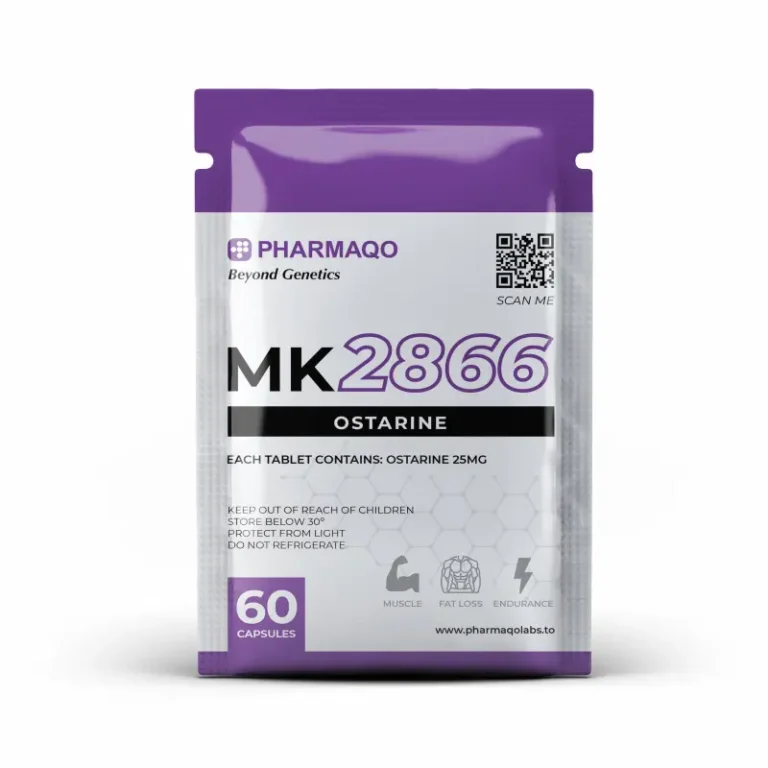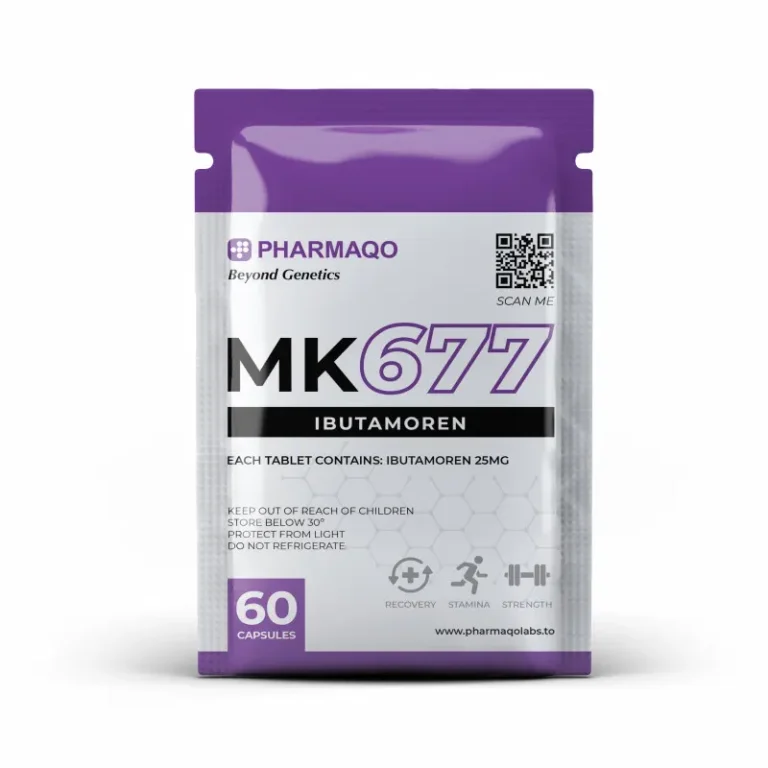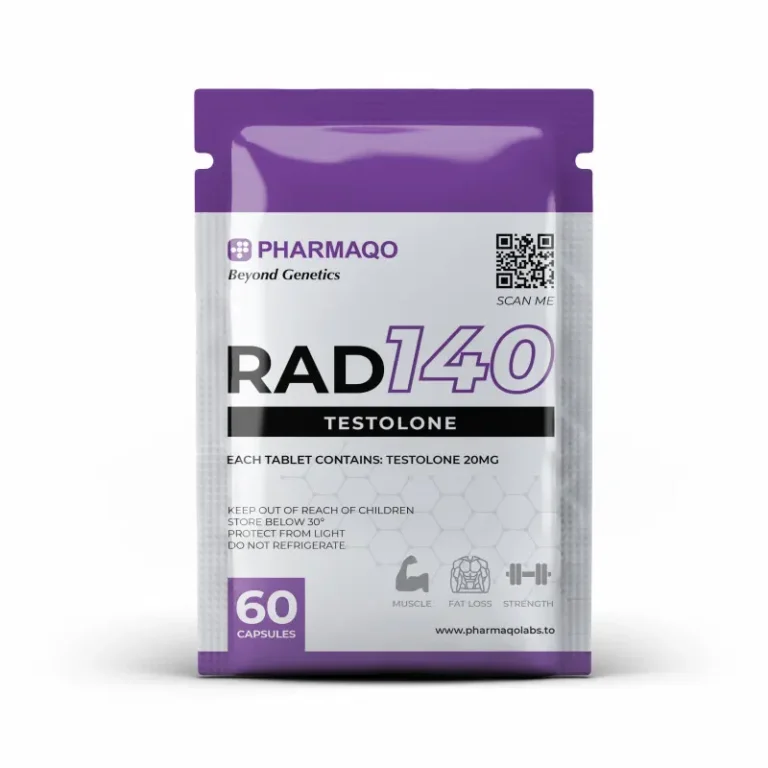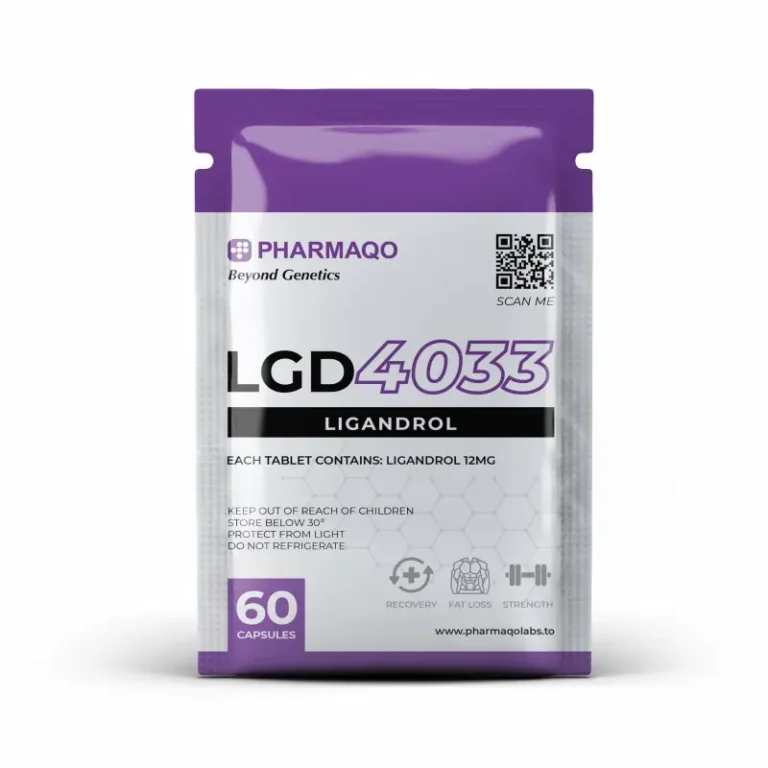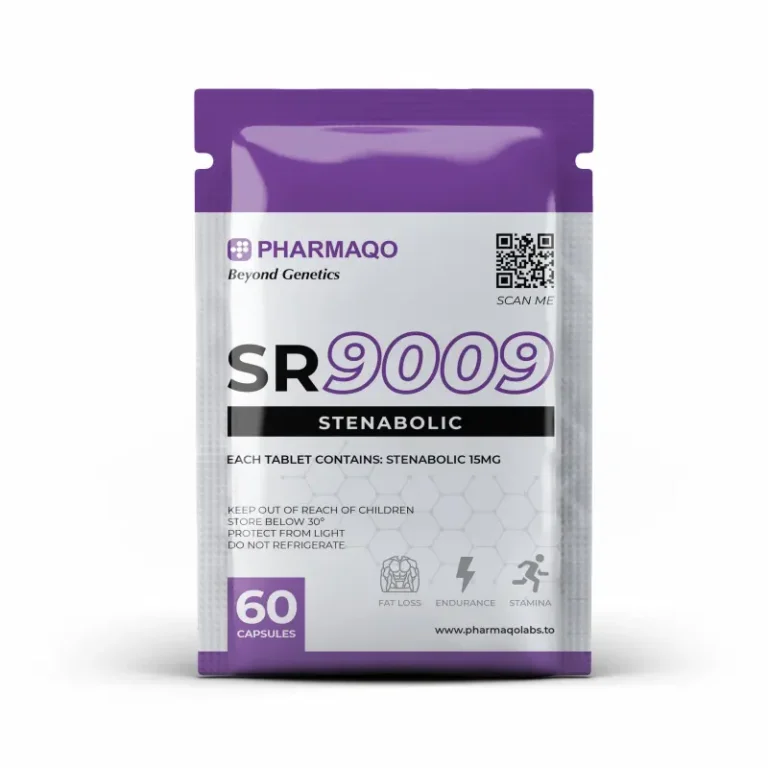Search
Filter by
Filter by price
Filter by Brand
Features
Stock status
Top rated products
-
 Testosterone-P (TestoProp) 100 | Pharmaqo Labs
Testosterone-P (TestoProp) 100 | Pharmaqo Labs
$29.00Original price was: $29.00.$22.90Current price is: $22.90. -
 HCG PREGNYL | Multipharm 5000iu
HCG PREGNYL | Multipharm 5000iu
$45.49Original price was: $45.49.$32.49Current price is: $32.49. -
 ProSalbutamol 4 (Albuterol) | Proper Labs
ProSalbutamol 4 (Albuterol) | Proper Labs
$51.87Original price was: $51.87.$38.90Current price is: $38.90. -
 Anavar 50 (Oxandrolone) | Pharmaqo Labs [50mg/60tabs]
Anavar 50 (Oxandrolone) | Pharmaqo Labs [50mg/60tabs]
$61.00Original price was: $61.00.$59.90Current price is: $59.90. -
 ProperMaster P 100 (Drostanolone Propionate) | Proper Labs
ProperMaster P 100 (Drostanolone Propionate) | Proper Labs
$81.90Original price was: $81.90.$40.90Current price is: $40.90. -
 Cardarine GW 501516 | PharmaQo Labs
Cardarine GW 501516 | PharmaQo Labs
$41.00Original price was: $41.00.$39.90Current price is: $39.90.
Showing all 7 resultsSorted by popularity
SARMs for Sale in Canada and USA
Looking to enhance your fitness journey with cutting-edge performance solutions? Steroiduck offers a premium selection of SARMs for sale in Canada and the USA, providing high-quality, lab-tested products to help you achieve your fitness goals. Whether you’re focused on building muscle, cutting fat, or improving overall performance, our SARMs deliver results you can trust.
YK11 | PharmaQo Labs
Cardarine GW 501516 | PharmaQo Labs
Ostarine MK2866 | PharmaQo Labs
Ibutamoren MK677 | PharmaQo Labs
Testolone RAD 140 | PharmaQo Labs
Ligandrol LGD 4033 | PharmaQo Labs
Stenabolic SR-9009 | PharmaQo Labs
What Are SARMs?
SARMs, or Selective Androgen Receptor Modulators, are compounds designed to target androgen receptors in the body, promoting muscle growth and fat loss with minimal side effects. Unlike traditional methods, SARMs offer a more selective approach, focusing on muscle and bone tissues without impacting other areas of the body. This makes them a popular choice for athletes, bodybuilders, and fitness enthusiasts seeking effective results.
Why Choose Steroiduck for SARMs in Canada and USA?
At Steroiduck, we pride ourselves on offering only the highest-quality SARMs for sale. Each product undergoes rigorous testing to ensure purity and potency, so you can shop with confidence. Whether you’re in Canada or the USA, our secure shipping and reliable service ensure you receive your SARMs quickly and discreetly.
Benefits of Buying SARMs from Steroiduck:
- Lab-Tested Quality: All our SARMs are tested for purity, guaranteeing the best results.
- Wide Selection: From bulking to cutting, we offer SARMs tailored to your specific goals.
- Fast Shipping: Reliable delivery to Canada and the USA with secure packaging.
- Expert Support: Have questions? Our team is here to help guide your purchase.
Popular SARMs for Sale
Ostarine (MK-2866)
- Purpose: Ideal for muscle preservation and fat loss during cutting phases.
- How it Works: Enhances lean muscle retention while promoting fat metabolism.
Ligandrol (LGD-4033)
- Purpose: Perfect for bulking cycles.
- How it Works: Boosts muscle growth and strength with minimal water retention.
Andarine (S4)
- Purpose: Great for improving definition and vascularity.
- How it Works: Targets fat loss while supporting lean muscle maintenance.
Cardarine (GW-501516)
- Purpose: Boosts endurance and accelerates fat loss.
- How it Works: Enhances energy levels and promotes efficient fat metabolism.
Who Should Use SARMs?
SARMs are ideal for:
- Athletes and Bodybuilders: Improve strength, endurance, and recovery.
- Fitness Enthusiasts: Achieve a lean, toned physique without sacrificing muscle.
- Individuals on Cutting Cycles: Lose fat while maintaining muscle mass.
How to Buy SARMs Online Safely
To ensure safety and effectiveness, always buy SARMs from reputable suppliers like Steroiduck. Our SARMs for sale in Canada and the USA are thoroughly tested to ensure the highest standards of quality. Avoid low-quality products by shopping with trusted vendors who prioritize transparency and customer satisfaction.
SARMs for Sale in Canada
For customers in Canada, Steroiduck provides fast, discreet delivery of SARMs. Whether you’re in Toronto, Vancouver, or anywhere in between, we’ve got you covered with reliable service and premium products.
SARMs for Sale in USA
In the USA, we offer a wide range of SARMs to suit your fitness needs. From beginners to experienced users, Steroiduck ensures you receive lab-tested SARMs with secure shipping and top-notch customer support.
Why Choose SARMs?
SARMs offer several advantages over traditional performance enhancers, including:
- Selective Targeting: Promotes muscle and bone health without affecting other tissues.
- Minimal Side Effects: Reduces the risk of unwanted effects commonly associated with other solutions.
- Convenient Usage: Available in easy-to-administer forms like capsules or liquids.
Buy SARMs from Steroiduck
Steroiduck is your trusted source for SARMs in Canada and the USA. Our commitment to quality, secure shipping, and exceptional customer service makes us the go-to choice for fitness enthusiasts. Buy SARMs online today and take the first step toward achieving your fitness goals!
FAQ
What are SARMs used for?
SARMs are used to enhance muscle growth, accelerate fat loss, and improve overall athletic performance. They are a favorite among athletes and bodybuilders.
Are SARMs safe to use?
When purchased from a trusted source like Steroiduck and used responsibly, SARMs are considered safe with minimal side effects. Always consult a healthcare professional before starting.
Can I buy SARMs online in Canada and the USA?
Yes, Steroiduck offers SARMs for sale online with fast and discreet shipping to both Canada and the USA.
How can I ensure the quality of SARMs?
Always buy SARMs from reputable suppliers like Steroiduck, where products are lab-tested for purity and potency. Check for reviews and certifications before purchasing.


